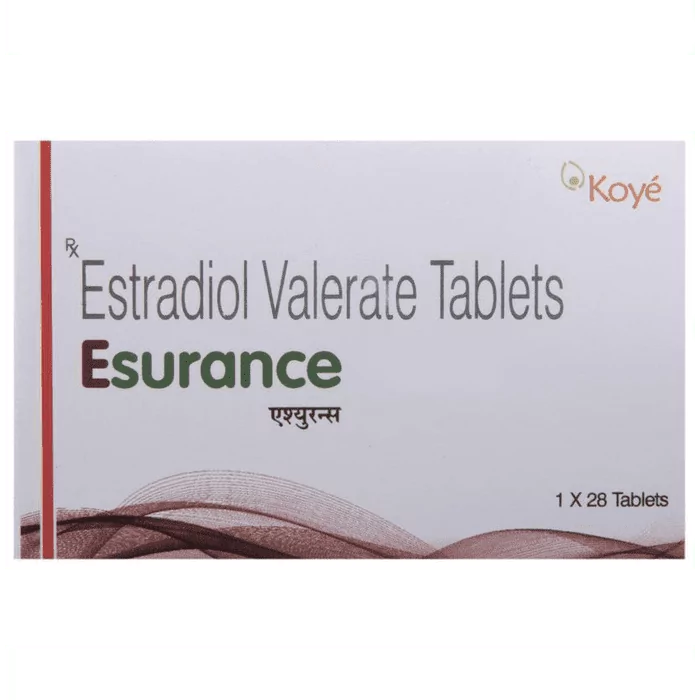Menopause is the natural biological process in women marked by the end of menstrual periods due to hormonal changes.
This stage leads to various physical and hormonal changes, causing symptoms like mood swings, acne, and weight gain.
Breast tenderness is another common concern among Menopausal women, as it leads to significant discomfort.
Hence, it is crucial to learn about the causes and potential treatment options to effectively manage Menopausal breast tenderness.
Let us delve into the article to understand everything about breast tenderness during Menopause.
Understanding Breast Tenderness
Breast tenderness refers to a sensation of discomfort, soreness, or sensitivity in the breasts.
It can involve mild to moderate pain, swelling, or a feeling of fullness.
Breast tenderness is often associated with hormonal changes during menstrual cycles, pregnancy, or Menopause.
During Menopause, breast tenderness is often observed with other symptoms of Menopause, such as headaches, acne, and weight gain.
Save up to 90% on your medicine bills

Progynova 2 mg

Oestrogel 2.5 gm / 1.5 mg

Estrabet 2 Tablet

Esurance Tablet
What Causes Breast Tenderness During Menopause
 Source: RealPeopleGroup_from_GettyImagesSignature
Source: RealPeopleGroup_from_GettyImagesSignatureThe fluctuations in Estrogen levels are the primary factors behind symptoms such as breast tenderness during Perimenopause and Menopause.
As Perimenopause begins, Estrogen and Progesterone levels change rapidly before gradually declining.
These fluctuations may impact breast tissue, resulting in discomfort and tenderness.
Additionally, heavier women with a larger breast size might be at a higher risk of experiencing breast-related pain and tenderness.
Treatment for Breast Tenderness During Menopause
Breast tenderness during Menopause can be treated by seeking medical attention from a licensed doctor.
While there are no medications to treat Menopause breast tenderness specifically, your doctor may prescribe certain other Menopause medications to deal with
hormonal fluctuations.
Additionally, you may consider taking over-the-counter (OTC) pills such as Ibuprofen under the guidance of your doctor.
Some people also find relief from natural remedies for Menopause, which may include specific herbs and Menopause teas.
Also, vitamin supplements such as Vitamin E may help deal with hormonal imbalances during Menopause.
If you wish to learn more about the available supplements for Menopause, read Menopause Supplements: A Guide to Effective Relief.
Conclusion
Menopause is a natural event that indicates the end of a woman’s reproductive abilities.
Breast tenderness is a prevalent symptom of Menopause that results in slight to moderate discomfort or swelling.
This symptom is primarily caused by hormonal fluctuations during Menopause, specifically Estrogen and Progesterone in the body.
To address breast tenderness during Menopause, it is vital to consult a certified doctor to receive proper medical treatment for your symptoms.
They may prescribe certain OTC medications, such as Ibuprofen, along with other medications for Menopause.
Additionally, consider including vitamin supplements and natural remedies in your routine for effective relief.

Frequently Asked Questions
Do breasts get bigger during Menopause?
Yes, breast size may increase for some women during Menopause.
The decrease in Estrogen can impact breast tissue density, causing some women to experience an increase in breast size.
However, it is advised to consult your doctor if you experience a significant increase in breast size during Menopause.
Why do I have periods after Menopause with cramps and breast tenderness?
Experiencing a period after Menopause, along with cramps and breast tenderness, could indicate serious hormonal fluctuations or underlying health issues.
It is crucial to consult a doctor for proper evaluation, as you may require further diagnosis to determine the cause and appropriate treatment.
How long does breast tenderness last during Menopause?
The duration of breast tenderness during Menopause varies among individuals. For some women, it may last for as long as her Menopause lasts.
If the tenderness is bothersome or prolonged, consulting a doctor is advisable to seek a proper diagnosis and treatment for your symptoms.
How can I stop my breasts from hurting during Menopause?
To alleviate breast tenderness during Menopause, consider wearing a supportive bra and applying a warm or cold compress.
Certain over-the-counter pain relievers, such as Ibuprofen, may also benefit some individuals.
However, it is best to consult a doctor for personalized advice on managing your symptoms.
What type of breast pain is normal?
Generally, normal breast pain is a mild pain which may result from hormonal changes in the body.
However, breast pain often varies in frequency and severity among women.
Additionally, any form of persistent, severe, or unusual pain requires medical evaluation from a doctor to rule out underlying causes.
Cheap Medicine Shop only refers to credible, authoritative sources for our content. If you’re curious about how we ensure the integrity of our content, we encourage you to read our Content Information Policy.














